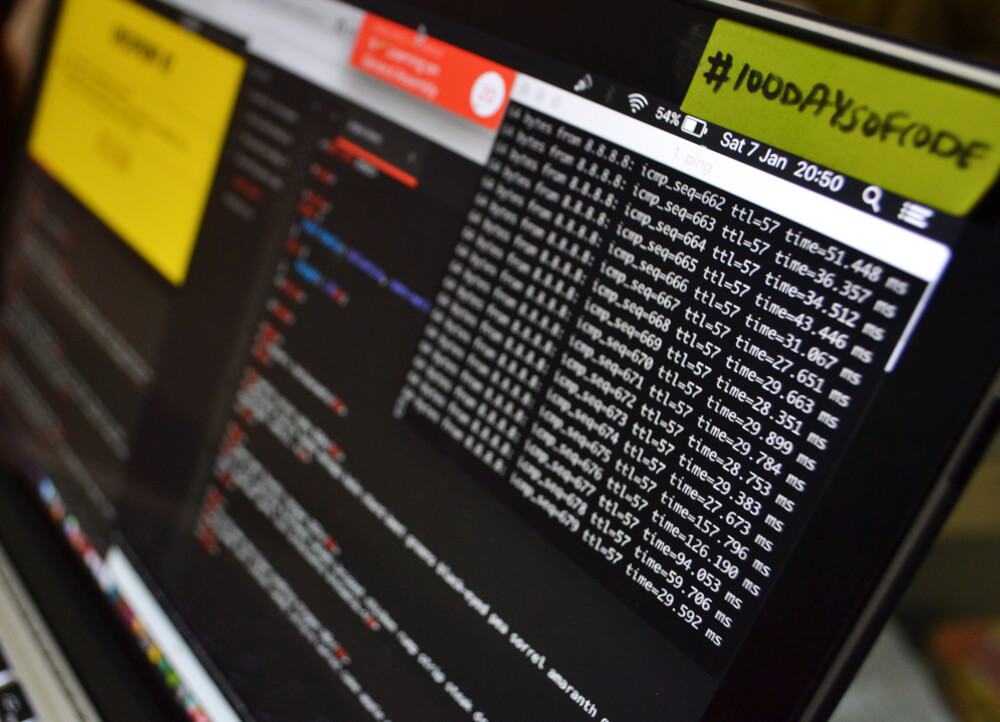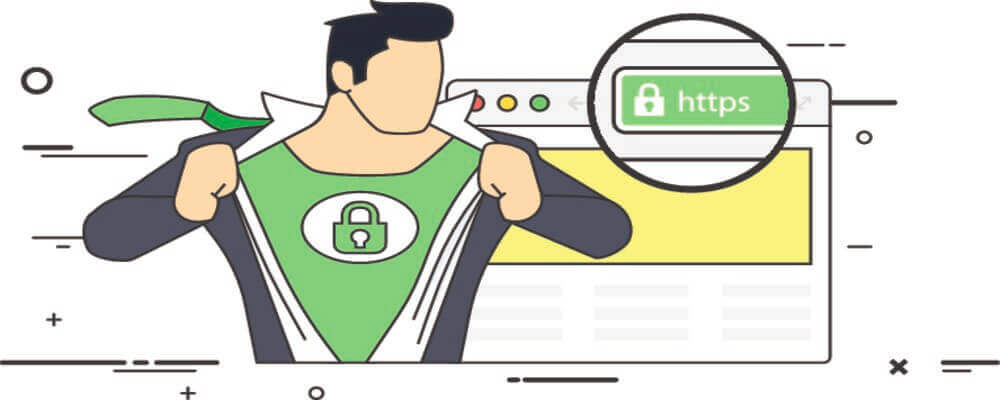Blog
Tags
You see it more and more often in news articles these days zero-day attacks carried out on companies. Now you might be wondering what exactly it means and if it will affect your hosting. Zero-day attacks are attacks that are performed on the same day that a vulnerability is discovered. Because of this the developers do not have the possibility to fix it malicious people like to take advantage of this. As a user you can of course also help by for example informing companies about a leak if you know
Nowadays phishing attacks are used more and more so you have to be more and more careful about this. The Belgian government has therefore started a new awareness campaign to make people aware of this. They have come up with a slogan the slogan is "Relax and think twice before clicking on a link". This is not only aimed at people who use hosting but also at ordinary internet users. It often happens that people still press phising links often because they press too fast. How do I recognize phising?
If you are using WordPress on your hosting then of course you want the website to run as well as possible. After all the idea is that the website is fast but it also needs to be a secure website. You don't want malicious users to take over your website and abuse it. It is therefore important that you know what you can do to protect your WordPress website against this. In this blog post we will cover how you can keep your WordPress hosting safe from attacks. Passwords It's important that people
Nowadays most websites use a SSL certificate for a secure connection. You can recognize this by the padlock at the top of the search bar also there will be https:// before the link. However it may be that your website is not fully secure for example because there are images loaded over http instead of https. This is also called mixed content you will get a message about this in the top of your browser. Google Chrome already blocks some of this content for example scripts and fonts. However they
Many people use Google Chrome as it is currently the most popular browser that is. However the last time researchers found a leak in Google Chrome that showed pop-ups. Users were redirected to a website containing malware. If you use an adblocker you will not be bothered by this. The malware exploited a security flaw that allowed the pop-up blocker to be bypassed. This is a vulnerability that was reported on April 11 and was resolved when Google Chrome 75 was released. Should I switch? Now that
If you are using hosting then you obviously want your website to be secure. You will probably also use a database which generally contains the most important information of your website. Think of email addresses login information or sometimes even payment information from your customers. It is not the intention that this data is exposed to the street. In this blog post we will give you some tips on how to make your database more secure. Passwords The fact that you need to set a strong password
WordPress is widely used therefore it is also a sought-after target for malicious people. Most recently security vulnerabilities were found in several well-known WordPress plug-ins. These plug-ins have a combined total of more than 1.5 million installations. The vulnerabilities are found in Photo Gallery Popup Builder and NextGEN among others. The developers of the plug-ins have been further informed and they have released updates for this. The piece of code to exploit this plug-in was in 8 out
WordPress is the most widely used Content Management system and that makes it a target for malicious users. These people mainly target outdated WordPress sites because they have more security leaks. For example malware that performs brute force attacks was recently discovered by Avast researchers. It also installs a cryptominer that "picks up" various crypto currencies. In addition copied crypto addresses are replaced with one of their own. Of course you don't want this to end up on your hosting.
It is increasingly important to have a strong password set. If you don't have this malicious users can easily get into your hosting. Of course you don't want people to be able to do this easily and therefore it is advisable to set a strong password. However it has recently been found that the password '123456' is the most commonly used password for leaked email addresses. In this list there were also other passwords such as 'welcome' 'welcome01' 'qwerty' and 'password'. This research was conducted







